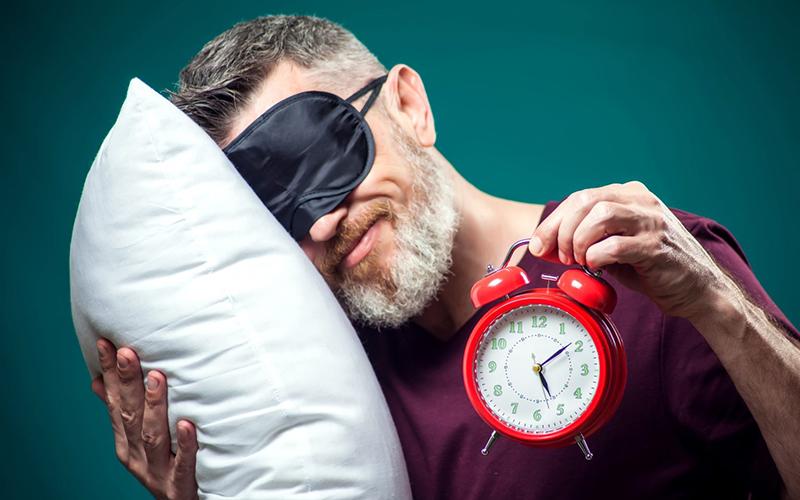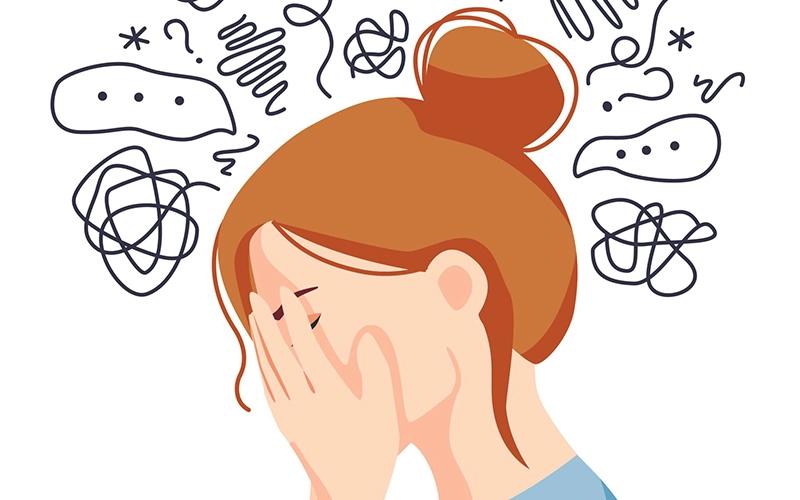Understanding Sleep Quality: Why It Matters and How to Improve It
Sleep is a fundamental aspect of human health, influencing everything from cognitive function to emotional well-being. Unfortunately, many people struggle with poor sleep quality, which can significantly impact their daily lives. Understanding sleep quality, its components, and the factors that can disrupt it is crucial for maintaining overall health and well-being.
What is Sleep Quality?
Sleep quality refers to how well you sleep, considering factors such as how long it takes you to fall asleep, how often you wake up during the night, how refreshed you feel upon waking, and how sleep impacts your daytime functioning. High sleep quality generally means you sleep soundly through the night and wake up feeling rejuvenated and ready to take on the day.
Components of Sleep Quality
Sleep quality is multi-faceted, encompassing several key components:
- Sleep Continuity: This refers to the ability to fall asleep quickly and stay asleep throughout the night without frequent awakenings. Disruptions in sleep continuity can lead to fragmented sleep, leaving you feeling tired even after what should be a full night's rest.
- Sleep Duration and Refreshment: While sleep duration is about the number of hours you sleep, refreshment is about how rested you feel after sleep. Even with adequate sleep duration, poor quality can leave you feeling sluggish and unrefreshed.
- Daytime Dysfunction: This aspect considers how poor sleep affects your daily life. Poor sleep can lead to daytime sleepiness, difficulty concentrating, irritability, and a lack of motivation, all of which can impair your ability to function effectively.
Common Causes of Poor Sleep Quality
There are many factors that can lead to poor sleep quality. Some of the most common include:
- Stress and Anxiety: Stress can keep your mind active at night, making it difficult to fall asleep and stay asleep. Anxiety can cause you to wake up frequently, further disrupting your sleep.
- Poor Sleep Hygiene: Sleep hygiene refers to habits and practices that can affect your sleep. Poor sleep hygiene, such as irregular sleep schedules, using electronic devices before bed, or consuming caffeine late in the day, can all contribute to poor sleep quality.
- Medical Conditions: Conditions such as sleep apnea, restless legs syndrome, or chronic pain can disrupt your sleep, leading to poor sleep quality. It's important to address these underlying conditions to improve your sleep.
- Lifestyle Factors: Your lifestyle choices, such as diet, exercise, and substance use, can significantly impact your sleep quality. For example, a sedentary lifestyle or excessive alcohol consumption can interfere with your ability to get restful sleep.
Improving Sleep Quality
Improving sleep quality involves making changes to both your environment and your habits. Here are some tips to help you get better sleep:
- Establish a Consistent Sleep Schedule: Going to bed and waking up at the same time every day helps regulate your body's internal clock, making it easier to fall asleep and wake up refreshed.
- Create a Relaxing Bedtime Routine: Engaging in relaxing activities before bed, such as reading or taking a warm bath, can help prepare your body for sleep. Avoid screens, as the blue light emitted can interfere with the production of the sleep hormone melatonin.
- Optimize Your Sleep Environment: Make sure your bedroom is conducive to sleep. This means a comfortable mattress, a cool room temperature, and minimal noise and light. Consider using earplugs or an eye mask if needed.
- Be Mindful of What You Eat and Drink: Avoid large meals, caffeine, and alcohol close to bedtime. These can disrupt your sleep and reduce sleep quality.
- Manage Stress and Anxiety: Techniques such as mindfulness, meditation, or yoga can help reduce stress and anxiety, making it easier to fall asleep and stay asleep.
By taking steps to improve your sleep quality, you can enhance not only your rest but also your overall health and daily functioning. Understanding your sleep patterns and the factors affecting them is the first step towards better sleep.



